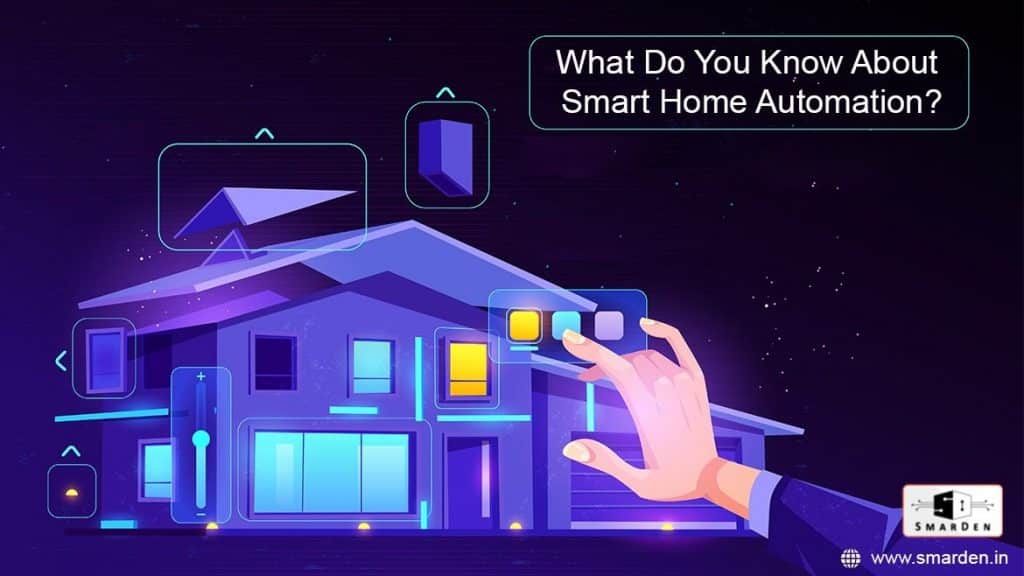
You recall the days before the internet and smartphones if you are of a certain age. You went to the library looking for information, digging through card catalogs and book aisles. TV required direct input or, at least, standing five feet away with a remote in hand.
Things are very different today. You usually ask Google or Siri if you need information. Your television is mainly high-definition, so you are likely to watch streaming services such as Netflix so Amazon Video via a system such as Roku or Apple TV. Home automation is a huge area, and you can read on to learn what the technology is and how it will (or not) help you before you invest in it.
Home automation is a vast area, meaning you should read on before investing in a smart home to learn what the technology is and how it might (or not) help you.
How Is Automation at Home?
Home automation can connect devices in your home to automate everyday tasks. An example of a Home automation network is the Internet of Things (IoT). You can connect disparate devices from light bulbs to TVs and doorbells with the IoT, and control what they do and link their functions together.
Most home automation devices connect to a Hub – a central system from which all connected devices take orders, such as turning on interior lights at a given time or adjusting the thermostat to prepare for your arrival at home. You build a smart home by installing smart devices that can be operated in your house from anywhere.
Benefits of home automation:
Safety. Homeowners use smart home devices to protect their property from theft. Also, they use them to ensure that their children stay healthy.
Parents with a pool, for example, may use smart gate control to ensure that children don’t get unsupervised into the pool area.
Pleasant. In addition, homeowners turn to home automation devices to save time on daily activities, such as making morning coffee or closing curtains at dusk. Intelligent thermostats, lamps, and shades of the window often create a more comfortable home, not to mention heating and cooling costs.
Many homeowners like connected devices due to the way they allow for greater independence. Older adults often benefit from home automation systems as they use them to avoid having to switch to an assisted living facility. Machines can track the movement of a person; For support, those with impaired vision or limited mobility, call for help if needed or devices can be operated by voice activation.
Do I need a System for home automation?
Finally, if you just need home automation, ask yourself. Some people can answer the question with an unambiguous yes. Before buying home automation products, though, you should think about your plans and your stage of life. For example, landlords may not be able to install a home automation system without having a lengthy conversation. Moreover, if a renter’s only connected computer and a few light bulbs, it might be easier to use a mobile app rather than a network.
Nonetheless, homeowners present another scenario. Some homeowners have all linked, from the kitchen to the bedroom. Others need only one or two tools to achieve their desired goals, such as lowering costs or enhancing protection in the home.
Fortunately, home automation can be malevolent. It helps you to start wherever you are at ease and to go from there. Unless you already know that over the years you will be purchasing at least three smart home devices or investing in additional items, you can start with a whole home automation program.
Doing this not only helps to recognize goods to be purchased but also promotes incorporation and management. Additionally, some systems offer additional benefits, such as improved protection.
